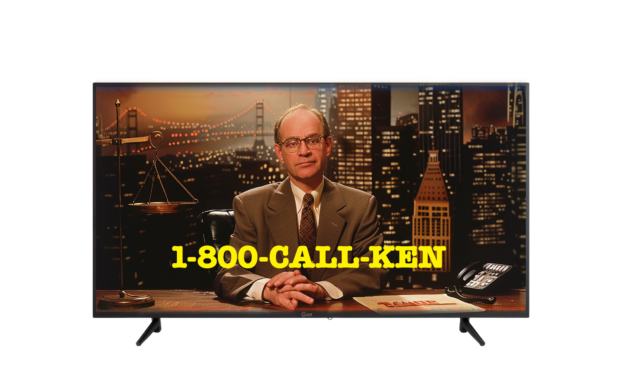Drive along any stretch of highway and you’ll see widespread advertising by billboard attorneys encouraging consumers to hire a lawyer to settle an auto accident claim. But this leads to higher costs of auto insurance across the U.S., according to the majority of respondents in a new report from the Insurance Research Council (IRC), an affiliate of The Institutes.
The IRC report, “Public Opinions on Attorney Involvement in Claims”, examined consumer opinions on attorney advertising and its perceived impact on the cost of auto insurance and legal behavior.
The 2024 survey showed 60 percent of respondents indicated attorney advertising increases the number of auto claims (up from 55 percent in the 2021 IRC survey). Additionally, 52 percent of respondents feel that attorney advertising increases the cost of their auto insurance (up from 45 percent in 2021).
“Attorney advertising is a significant part of the legal landscape, particularly in auto injury insurance claims,” said Dale Porfilio, FCAS, MAAA, president of IRC and chief insurance officer at the Insurance Information Institute (Triple-I).
“Most respondents believe that attorney advertising increases auto insurance costs by encouraging more legal involvement, which leads to higher claim settlements and legal expenses,” Porfilio added.
Nearly 90 percent of respondents reported seeing attorney advertising in the past year, up 8 percentage points from 2021.
Almost half of those surveyed reported seeing an increase in the amount of attorney advertising.
Notably, those with recent claim experience were most likely to report an increase in attorney advertising (62 percent of respondents) compared with 42 percent of those who had not filed a claim in the last three years.
The most frequently reported type of legal ad, by a large margin, targeted injuries from auto accidents. Almost two-thirds (63 percent) of respondents who mentioned seeing or hearing attorney advertisements cited this type.
“The survey also showed there has been a significant increase in awareness and understanding of third-party litigation financing (TPLF) since the IRC first posed the question in 2016,” Porfilio said. More importantly, the survey showed very strong support for transparency when outside investors are involved in litigation, with only 4 percent opposed.





















 Berkshire-owned Utility Urges Oregon Appeals Court to Limit Wildfire Damages
Berkshire-owned Utility Urges Oregon Appeals Court to Limit Wildfire Damages  Insurance Groundhogs Warming Up to Market Changes
Insurance Groundhogs Warming Up to Market Changes  Chubb CEO Greenberg on Personal Insurance Affordability and Data Centers
Chubb CEO Greenberg on Personal Insurance Affordability and Data Centers  Modern Underwriting Technology: Decisive Steps to Successful Implementation
Modern Underwriting Technology: Decisive Steps to Successful Implementation 